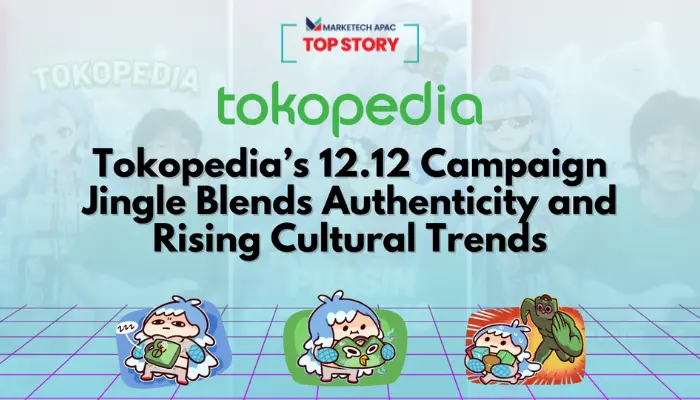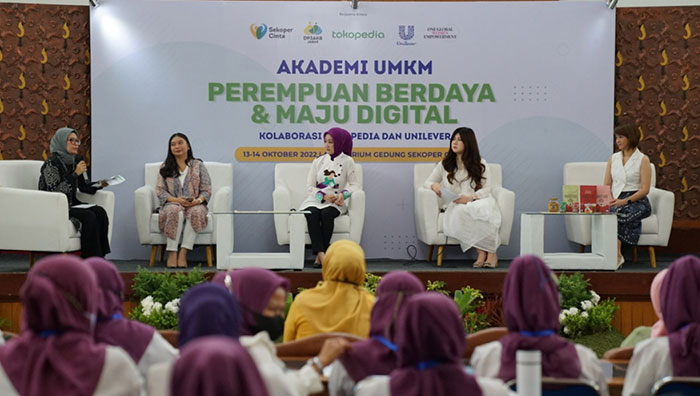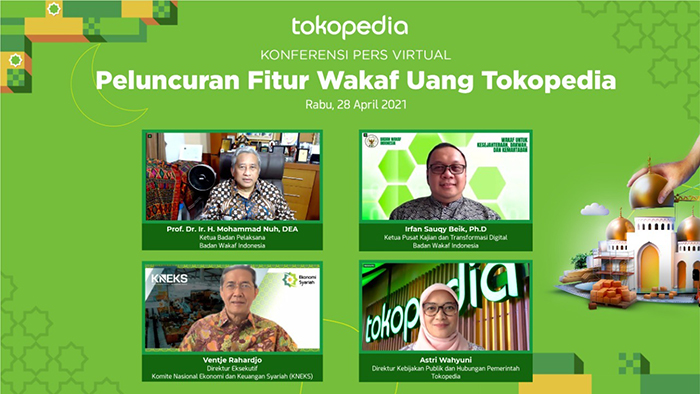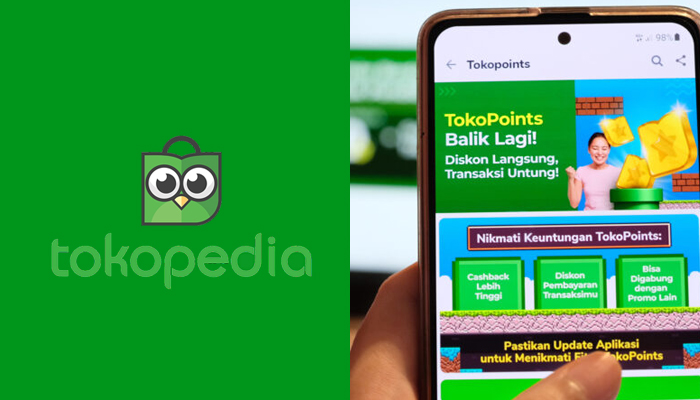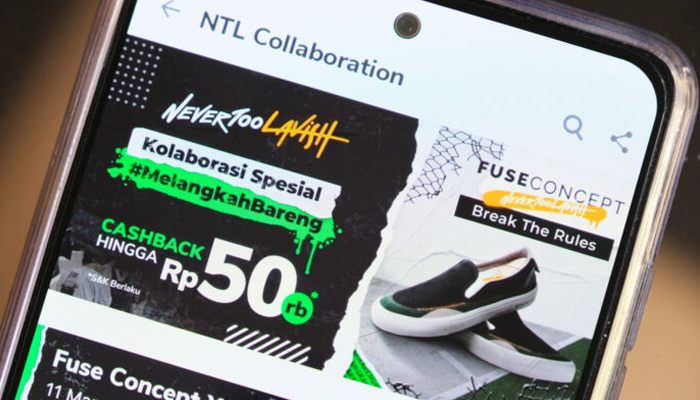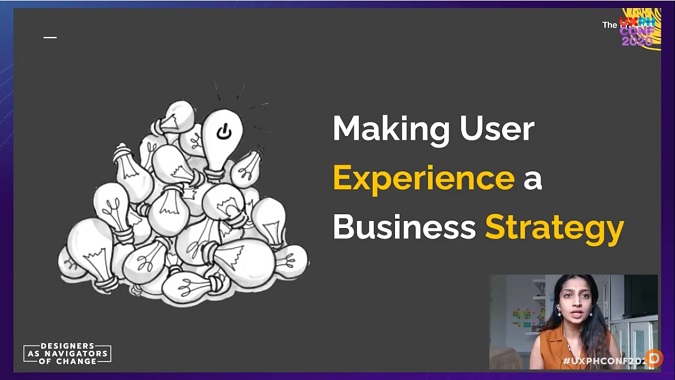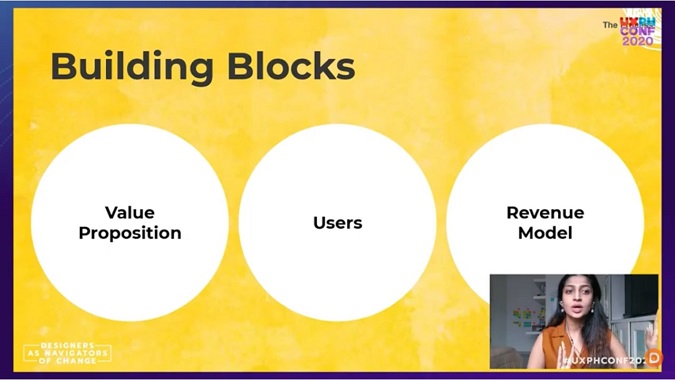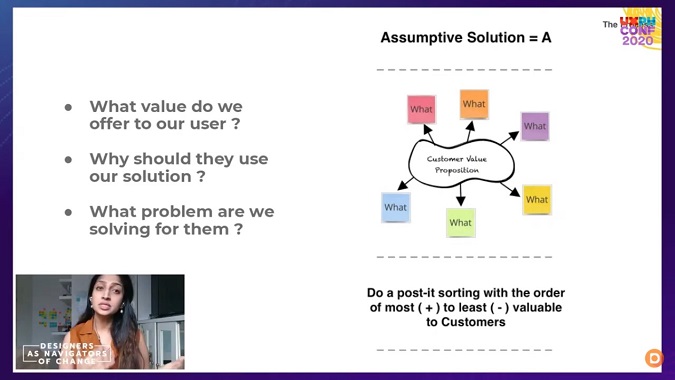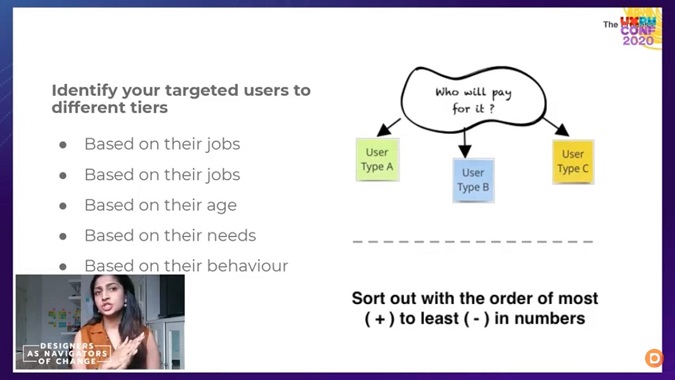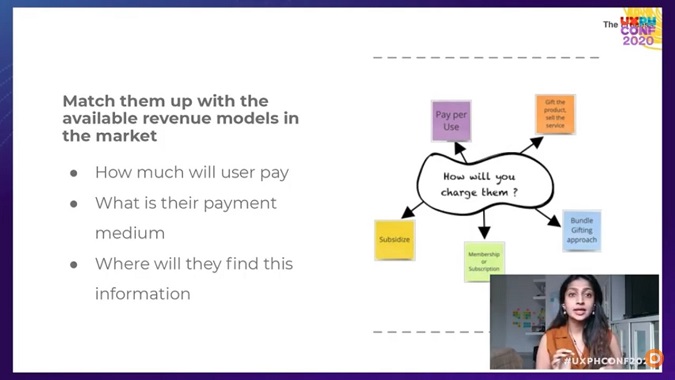Amidst a growing competition amongst regional and local e-commerce players in Indonesia, Tokopedia managed to rise from other players during the 12.12 sale period. How did they do it? The Indonesian e-commerce giant tapped Kobo Kanaeru, a virtual YouTuber (VTuber) under the Hololive agency, and Internet personality/music producer Heiakim to produce a one-minute jingle ahead of the sale period.
What resulted was a significant success for Tokopedia, who not only put more focus on the platform in contrast to other players but also caught the attention of both local and international VTuber fans who showed interest in the collaboration through fan engagement endeavours such as fan arts and even meme edits.
For MARKETECH APAC’s first Top Story of the year, we spoke exclusively once again with Jonathan Locanawan, senior lead for social media at Tokopedia to learn more about the brand’s insights on creating authentic campaigns that not only resonated with niche fan groups but also speaking to the diverse Indonesian community.
Always appealing to specific audiences
Setting aside this specific 12.12 campaign featuring Kobo Kanaeru and Heiakim, Tokopedia has long been known to appeal to a wide range of audiences, whether it is Tokopedia posting online of their mascot ‘Toped’ jokingly making a prayer circle to summon their favourite Genshin Impact character or ‘Toped’ attending a popular Indonesian pop culture convention cosplaying as the character Gojo Satoru of the Jujutsu Kaisen series.
When asked how they can juggle many communities to appeal to, Locanawan points directly to better understanding the behaviour of various demographics, researching about the group, and strategising on how to approach them best.
“Tokopedia always tries to provide new ways to cater the ever-evolving preferences of Indonesian consumers, one of them is by doing research and understanding the persona of each target audience that we would like to engage with many of our campaigns,” he said.
He added, “After doing enough research, we then tailor and introduce various campaigns, aside from WAR Diskon (the local name of the campaign), to appeal to more specific communities.”
Locanawan then listed a wide array of special campaigns for very specific audiences, ranging from beauty products to fashion, and automotive parts, and even allowing local sellers to sell directly their food and beverage products on the platform.
“There are many other campaigns on Tokopedia that we continuously fine-tune to ensure that the products curated are always aligned with the needs,” he said.
Locanawan also notes the importance of relevancy across platforms but specifies that despite always keeping up to date with their diverse demographic, what is most important for them is to always stay true to their brand ethos: consumer centricity as the guiding star.
“Appealing to the various audiences is how Tokopedia tries to stay relevant. However, we also try to keep our distinctiveness. Amongst the sea of heavy promotions from the entire industry, we always try to come up with something special to really stand out from the crowd yet still maintain the local authenticity, sensibility and voice of ‘Tokopedia’,” he added.
Upholding the ‘focus on consumer’ value
When MARKETECH APAC previously spoke with Locanawan exclusively on the launch of their 12.12 campaign, he said, “Regardless of whatever strategy is used, consumer centricity has always been our guiding star—how we can ensure our consumers can benefit from the products, services and partnerships provided. That is what Tokopedia will always do to keep winning the hearts of Indonesians.”
In this instance, he added, “For example, whatever we do, we always try to put ourselves in the shoes of our user and understand their perspective—what pain points they face, what can help solve those challenges, what they like and don’t like. At Tokopedia, we always ask, is what we are doing relevant to our consumers?”
Locanawan is right: the Tokopedia 12.12 campaign proved to be a huge success, as it resonated well with its target audiences. Within a week of the jingle’s release, the brand garnered more than 7.5 million impressions across social media platforms (Twitter, TikTok, Instagram Reels, YouTube). It also achieved over 780k engagements, generated more than 5k fan video edits and fan art, and even attracted 1.7k viewers eagerly awaiting the premiere of our one-hour loop video.
“By upholding our ‘Focus on Consumer’ value, this is how we were able to come up with various campaigns that cater to different audiences, from Tokopedia Beauty, Tokopedia Tekno to Tokopedia NYAM! and many more,” he said, about the multiple campaigns they do for various demographics.
Lastly, when asked how Tokopedia can be ‘all over the place’ in launching demographic-specific campaigns without sounding forced, Locanawan had this to say.
“We also never want to stick to only one idea, even if the idea itself sounds comfortable. We always try to see that the only thing constant is change. We see gaps in a problem as opportunities or interesting challenges to overcome, with helping Indonesian consumers as Tokopedia’s end-goal,” he concluded.

